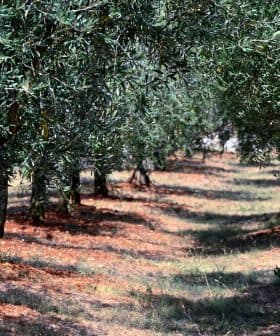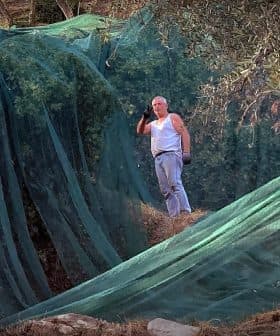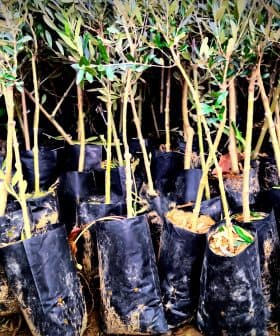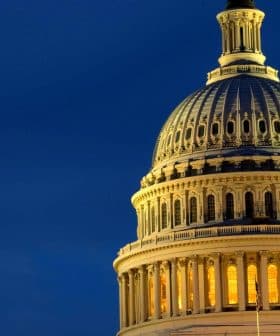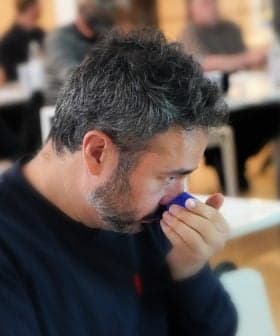U.S. Lab Gets IOC Nod for Olive Oil Chemistry Testing
The International Olive Council has accredited Eurofins CAL for the chemical analysis of olive oil, the first independent U.S. lab to achieve the designation.
The International Olive Council has accredited an independent U.S. laboratory for testing extra virgin olive oil samples, marking a significant development for domestic producers and importers who previously had to send samples abroad for authentication. Eurofins Central Analytical Laboratories in New Orleans was determined to meet the rigorous standards set by the IOC, and now their primary goal is to ensure they are providing the highest quality data in the industry for both imported and domestic olive oil products.
For the first time, the International Olive Council (IOC) has bestowed accreditation on an independent U.S. laboratory for testing extra virgin olive oil samples. “It’s an honor, really,” said John Reuther, president and lab director for the New Orleans-based Eurofins Central Analytical Laboratories.
The accreditation is significant news for domestic extra virgin olive oil producers and importers who, until now, attained industry-standard authentication for their products only by sending samples abroad.
Our primary goal right now is to be sure we’re providing the highest quality data in the industry.
The IOC grants accreditation to chemical testing laboratories around the world (there are 80) that follow recommended methods of analysis for purity, quality, grade, and contaminants in olive oil.
Proper procedural testing ensures the veracity of the oils and protects consumers from product fraud. The application and screening process for chemical testing facilities was developed to distinguish laboratories that use the scientific methods prescribed by the IOC for identifying the characteristics of olive oils.
With no predecessors in the U.S. field, Eurofins had their work cut out for them, but Reuther said the company was determined to conquer the vetting process.
“We’ve been recognized in the food business for many years and our scientists and key tech people always sat on expert panels and participated in AOCS (American Oil Chemists Society) conferences,” he said.
Importers and domestic producers, tired of sending samples to Europe or Australia, encouraged Eurofins to get in the game. “Every year, we’d hear, ‘are you ready yet?’ And we knew that if you really want to be recognized in the business, you need to be approved by the IOC,” Reuther said.
As part of a global network of market-leading resources and internationally recognized expertise, Eurofins’ reputation may have provided some influence in getting the IOC to look carefully at the U.S.-based lab. Yet the process was nonetheless rigorous. The company missed the mark in proficiency testing in its first application in 2015 but improved substantially by this year. In late November, notification arrived they had made the exclusive team.
The company’s next step is to get to work, monitoring the quality of both imported and domestic extra virgin olive oil and working with producers and large retailers who market products under their own private labels. “Our game plan is ready to execute,” said Reuther. “Our primary goal right now is to be sure we’re providing the highest quality data in the industry.”



